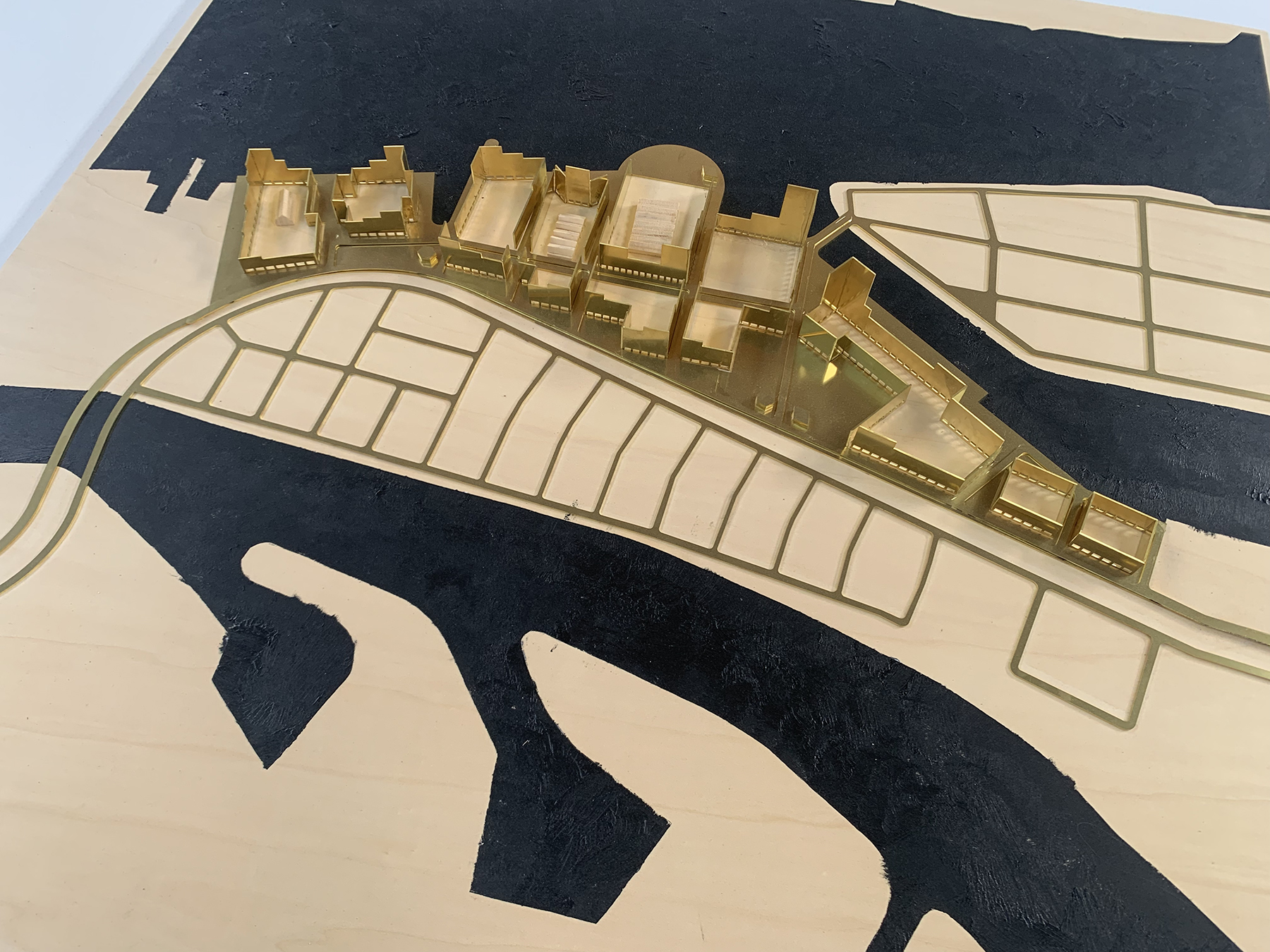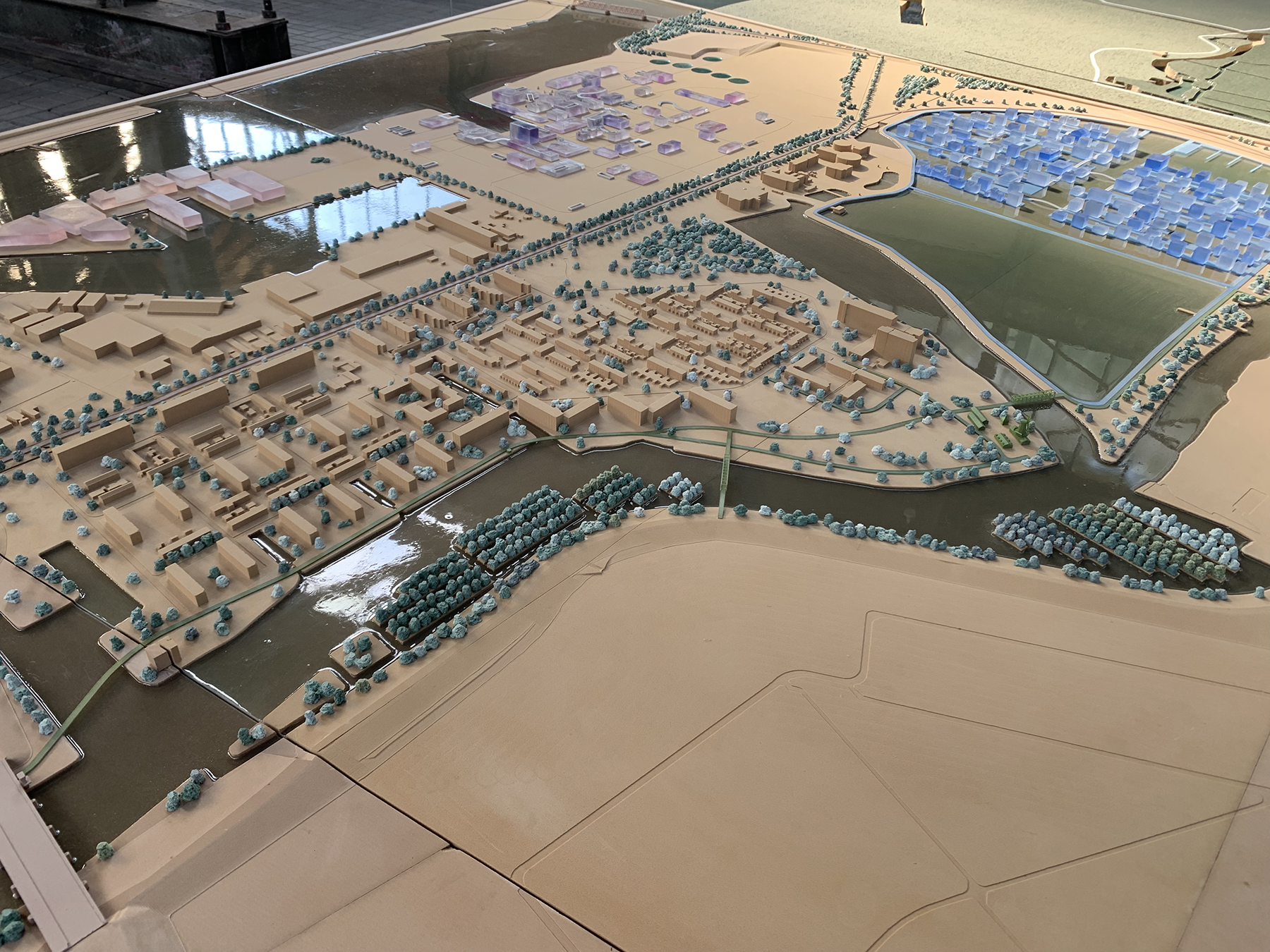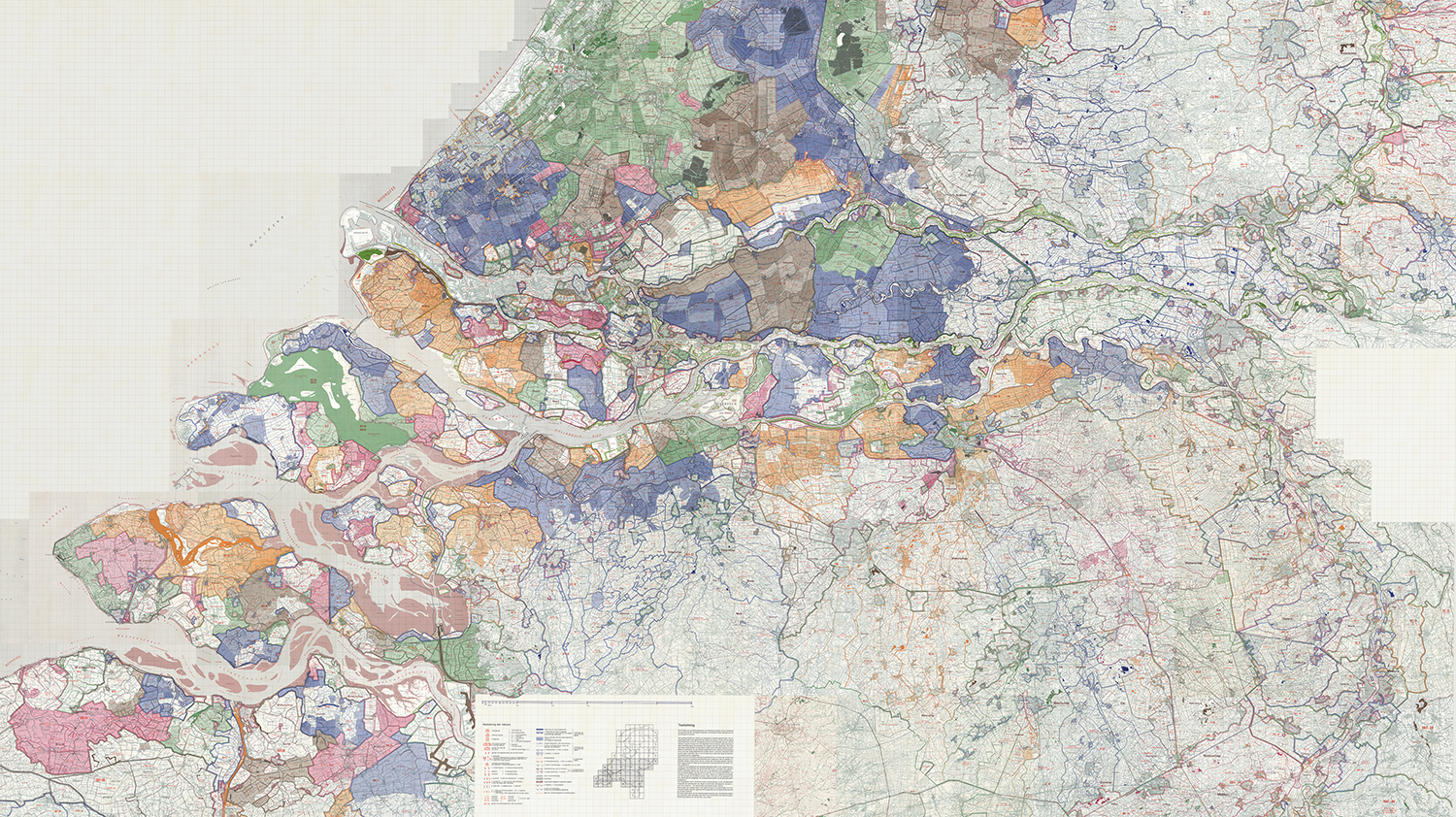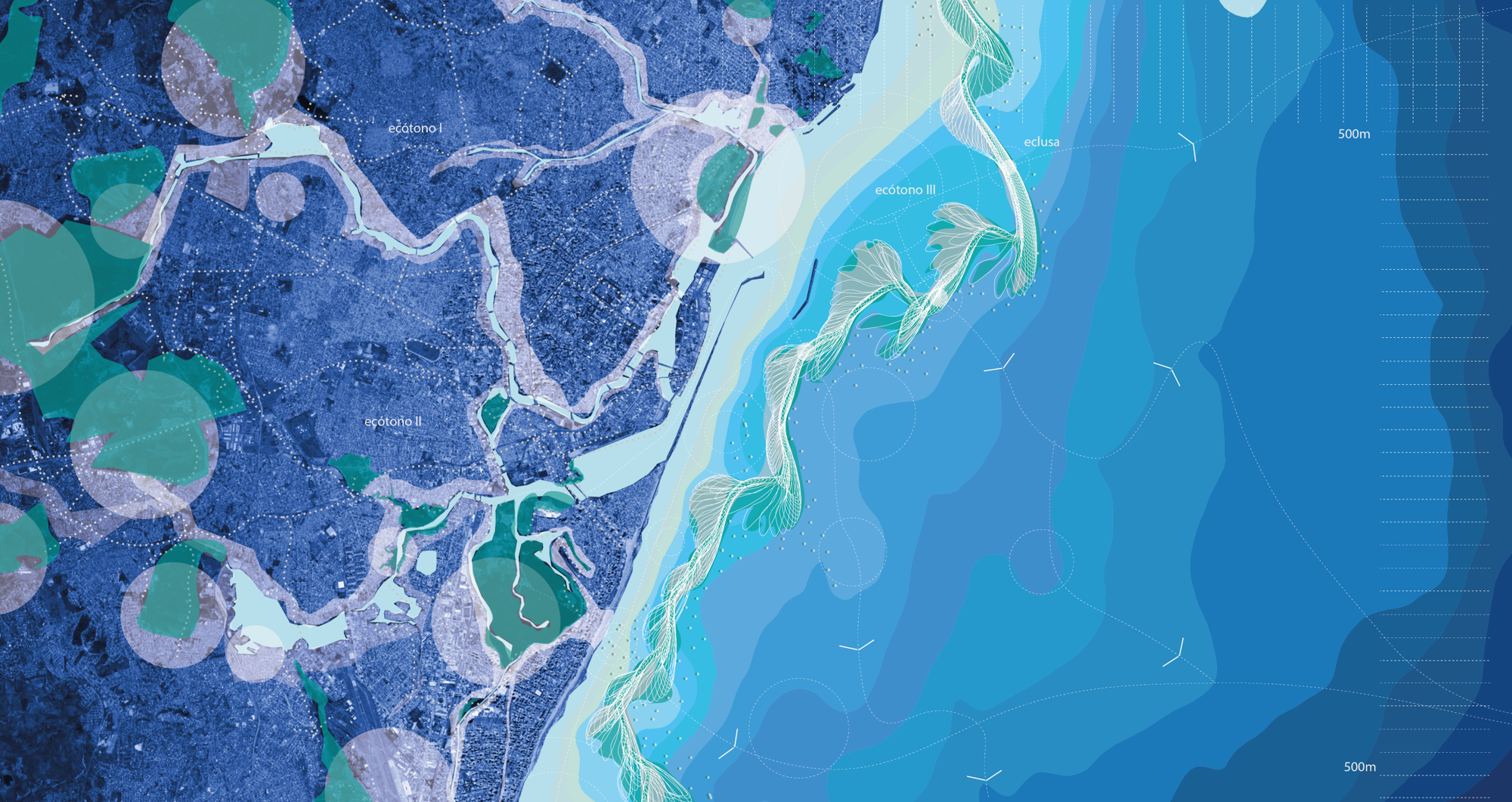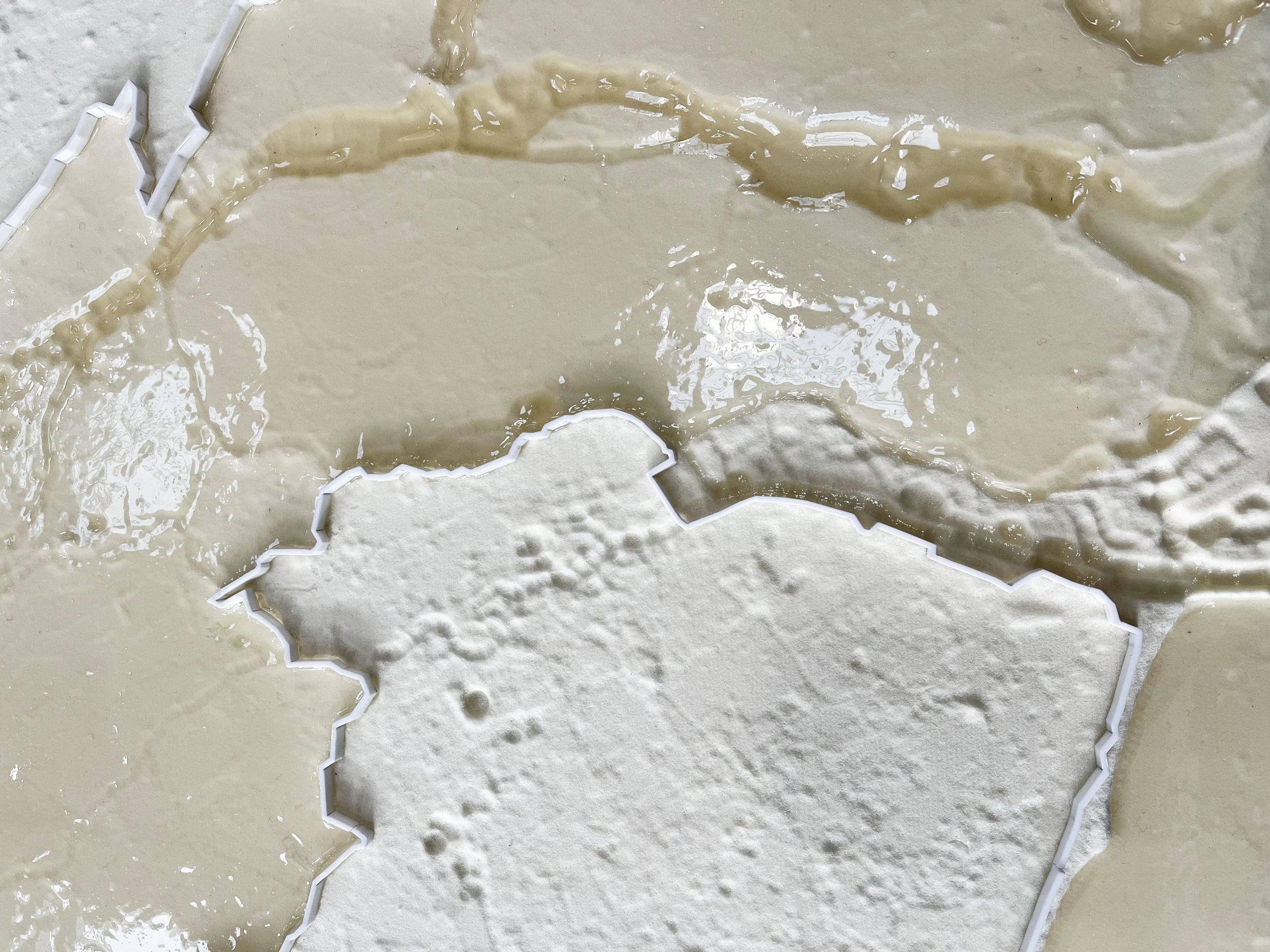
Dissemination
Introduction: shared notions
Unsustainable growth (urbanization) and shifting time horizons in delta management increase the urgency of the environmental crisis in deltas. Besides, an opportunity for a ‘reset’ arises because of the near sell-by date current infrastructure systems (mature deltas) and the vast investments planned in the coming decades (emerging deltas). It is essential to identify and understand pathways to a sustainable and inclusive delta in which transformations are likely necessary. Unfortunately, the current practice of ‘delta-management’ falls short, as it lacks integration and design. Collective inter-disciplinary knowledge production is required to develop these (transformation) pathways, and the success of collective knowledge production does require a design-based approach, in which different perspectives are recognized and joint new perspectives are developed. Therefore, we initiated an ambitious, inter-disciplinary and multi-annual project which places design and design-based research at the heart to deliver these outcomes. We propose to use the Delft Approach as a basis on which to build in the process of Redesigning Deltas, in which finding consensus (joint fact finding), making visions, and designing their material, ecological and temporal manifestation in space (design-thinking) help to explore, envision, and project new futures, to evoke and enable change.
The main goal of this project is to build the knowledge and collective commitment in the delta community* to support the shift in paradigm where water (security & safety) management is integrated into planning and design and vice versa in which the role of design and design-based research is revisited and strengthened.
The project will evoke systemic change on two levels:
1. Strategy: transformability (persistence – fragments vs. permanence – main structure)
2. Tactics: flexibility (ability to respond, contingency), continuous learning, adaptability, and innovation (ability to change) and will deliver as concrete outputs pathways to sustainable deltas (national and international context).
Project (1yr)
In a collaboration involving the Delta Urbanism group and various faculties of the TU Delft, the Delta program, Deltares, Resilient Delta, Erasmus University, Wageningen University and PBL, Redesigning Delta will start in the first year with four activities to identify and articulate the main gaps in knowledge. These activities are:
1. Joint fact finding
2. Design Study
3. Academic Synthesis
4. Cross-boundaries Exchange
These four activities feed each other iteratively and will result in defining the contours of an ambitious 5-year scientific program involving education and research aimed at implementation.
Joint Fact finding
Goal: creating a shared scope (perceptions, actions) among the delta community* on dealing with extreme climate scenarios (e.g. 2-3 meter sea level rise, change trends of extreme events, droughts, salinisation), climate adaptation, subsidence, sustainability transitions, housing shortage, agricultural transformation and boundary conditions of the context (what social/economic/ climate scenario?) for current and desired society.
Product: report describing shared scope and state-of-the-art knowledge.
Methods: identification of integrated backbones and fact finding by interview of experts and decision makers, data hackathons and various events.
Design Study
Goal: discovering and investigating new approaches through back- and forecasting of extreme scenarios by multidisciplinary teams.
Product: spatial visions for several areas of the Dutch delta.
Methods: collaboration between Spatial Design (problem seeking, envisioning different spatial interventions (transformative change) for a complex & wicked challenge) and Design in Engineering (problem solving, finding the best solution for a clear and tame problem)
Academic Synthesis
Goal: technical innovation may not be understood as the literal improvement of one technical system but of the improvement of the cooperation between multiple technical systems. This involves a set of methods and approaches that need to be inventorized and improved.
Product: contours of the programme, listing the current available (methodology) knowledge, enhancing the knowledge transfer and uptake, and where necessary knowledge development and setting of new paradigms.
Method: creating a library of state-of-the-art ‘methodologies-instruments’ and seeks for white spots, leading to the following question: are these instruments fit for purpose?
Core Team
– Chris Zevenbergen (Delta Urbanism) – Lead
– Fransje Hooimeijer (Delta Urbanism/DIMI)
– Taneha Kuzniecow Bacchin (Delta Urbanism)
– Ellen Tromp (Deltares)
– Nikki Brand (Strategy Development)
– Geneviève Girard (Strategy Development)
Team of Professionals
– Jos Timmermans (TPM/DIMI)
– Hans De Boer (DIMI/Strategy Development)
– Roelof Moll (CEG/Hydraulic Engineering)
– Like Bijlsma (PBL)
– Remon Pot (Deltares)
– Gerardo van Halsemna (WUR)
– Joep Storms (TU Delft)
Team of Experts
– Chris Zevenbergen | TU Delft – Lead
– Bas Jonkman | TU Delft
– Marcel Hertogh | TU Delft
– Neelke Doorn | TU Delft
– Thijs Asselbergs | TU Delft
– Eric Luiten | TU Delft
– Geert Teisman | Erasmus University
– Frank van Oort | Erasmus University
– Bart Van den Hurk | Deltares
– Petra Hellegers | WUR
